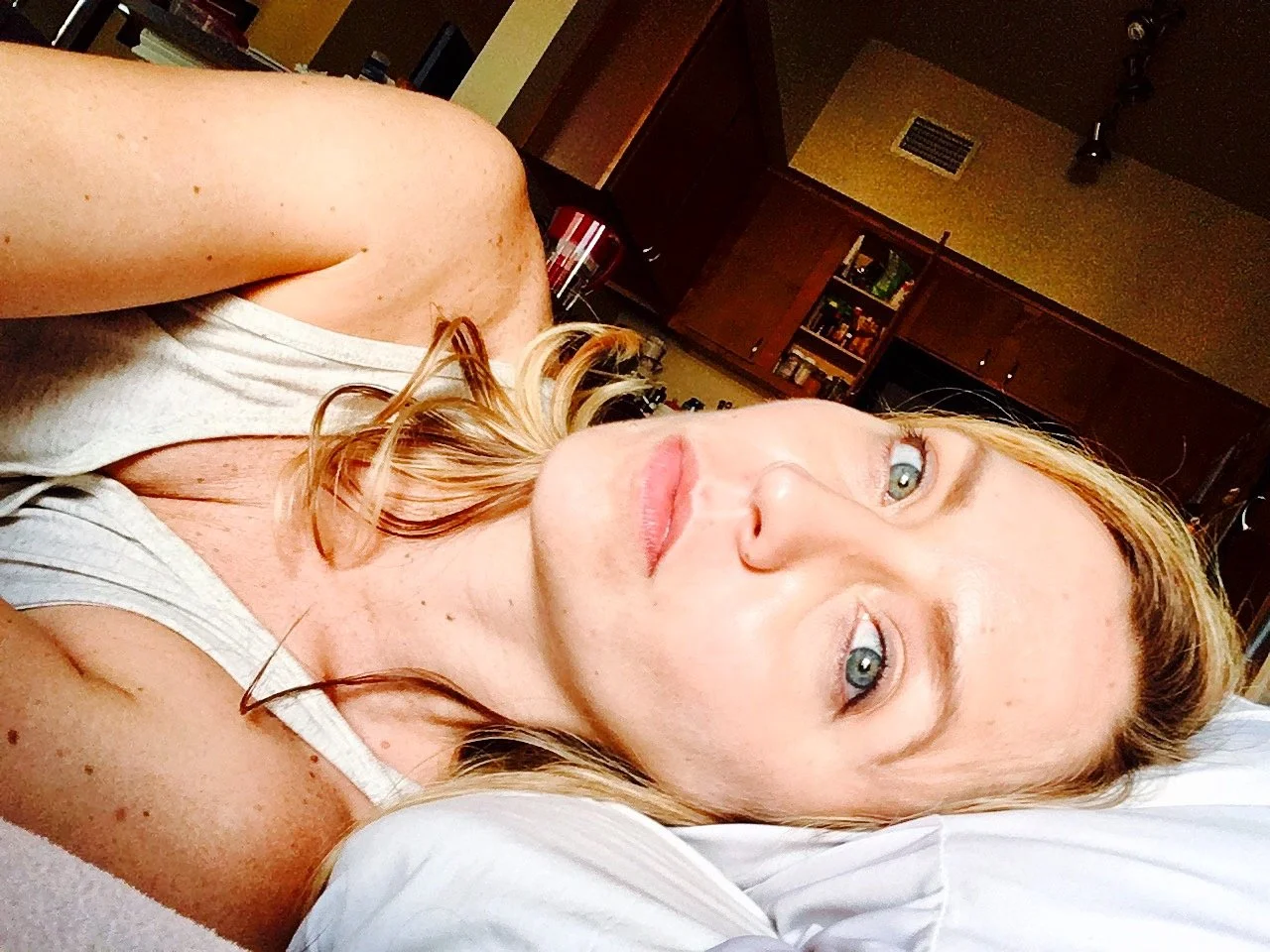What is shame, and how does it relate to trauma? Explanation below!
There are many facets to dealing with unhealed emotional trauma, all of which I will cover in a number of blog posts. Today I want to talk about shame as a side effect of unhealed trauma and how it shows up in our lives.
Shame is the belief that we are inherently flawed and worthless. We feel we don’t deserve love, happiness, or anything we desire in life because we believe we are unworthy of acceptance and belonging (1).
When we are live in shame we live fear. Fear of what will happen to us, fear of the unknown, and fear of other people’s opinions. We constantly worry about what everyone else thinks of us, and this keeps us in our shame space of playing small, not taking risks and living a mundane life because we are too afraid to step out of our box and dare to find our true purpose in life.
Shame happens when we experience some sort of hardship in our life that is usually trauma-based. When this event happens, we immediately create a story around it. What starts out as “why me” turns into “I deserved it’, “I must be bad”, “I brought this on myself”. All of these beliefs are false, but if we don’t work on healing our trauma and changing our core negative beliefs, these shame stories will continue to infiltrate every aspect of our lives.
Shame comes up in our lives when a situation occurs, whether real or imagined-- that triggers our shame response (2). These situations can be everyday occurrences and are usually not as dramatic as the initial trauma event that brought you into a shame cycle.
For example, you could be at the store, you go to pay for your groceries and you forget your wallet. Rather than thinking, “Well that sucks. Better go home and get my wallet.” You think, “Oh my god, how could I have forgotten my wallet? I’m such a clutz. I’m so stupid. I can’t ever come here again because now everyone knows how stupid I am.”
Now, I guarantee you no one is thinking you are stupid. In fact, this has probably happened to most people. But when you are living in shame, any small event like this can trigger a shame response and ignite your fear of being ridiculed and feeling “stupid” in public. See the difference?
Shame also triggers intense emotions such as rage, anger, jealousy, anxiety, depression, and judgment (3). All of these emotions are side effects of unhealed trauma turned into shame, turned into acceptable behavior terms created by society for us. We can fly into a rage and say we have a “bad temper”, or not leave our house for 3 days and have “depression.” In actual fact, this is all shame, a by-product of unhealed trauma.
One of the sneakiest forms of shame is judgment, both of ourselves and others. When we live in fear of judgment from others, it is only because we are judging everyone else. We do this in order to avoid looking at ourselves and our own issues.
Judging others keeps us stuck in our shame cycle, hoping to bring others down to our level and hoping for the worst for others, whether consciously or subconsciously. We perceive everyone as a threat, we judge anyone who steps out of the box we’ve put them in (including ourselves), and we continually try to put others down in order to feel better.
I used to be the judgiest, hater of all haters towards anyone who tried doing things in a way I didn’t agree with. I formed judgments about friends, colleagues, and family members. It was only when I started my own business that I had to face the judgments I made about others. This was the main thing holding me back from creating the life I wanted because all my judging made me so afraid of judgments from others! When I let go of my judgments, started support and wish everyone the best, that’s when my life changed and business took off.
Releasing our judgment on others means releasing the shame and judgment that we have around ourselves. This is NOT an easy thing do, but it’s possible! The next time you start judging yourself, think about WHY you are having that judgment. Who are you judging in a similar manner? The answer may surprise you.
Shame is one of the most difficult things about healing trauma because it hides in plain sight. All those attitudes you have, that “realist” persona you’ve built for yourself, the “logical” and “devil’s advocate” arguments to others, that’s all shame. I know because I’ve carried ALL the shame gear and it’s still a battle. But once you are able to recognize it, you can stop it in its tracks, change the negative thought patterns, and re-write the beliefs about yourself.
When we begin to heal trauma, we start releasing shame, stop living in fear and stop judging others. When you stop judging and start supporting others in their endeavors and being happy for their success, you’d be surprised how quickly you release your own fears of judgment from yourself. This allows you to live a life free of judgment, able to take risks, not be afraid of failure, and figure out your life’s purpose.
If this post resonates with you, let me know in the comments below!
If you want to work with me or want to know more about shame, I offer individual sessions! Click here to book a session with me where we can talk all about shame and how to heal from it. I can’t wait to hear from you!
References:

